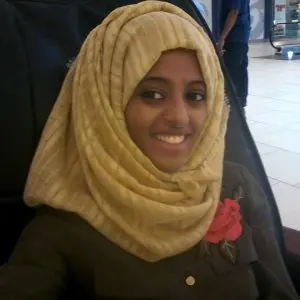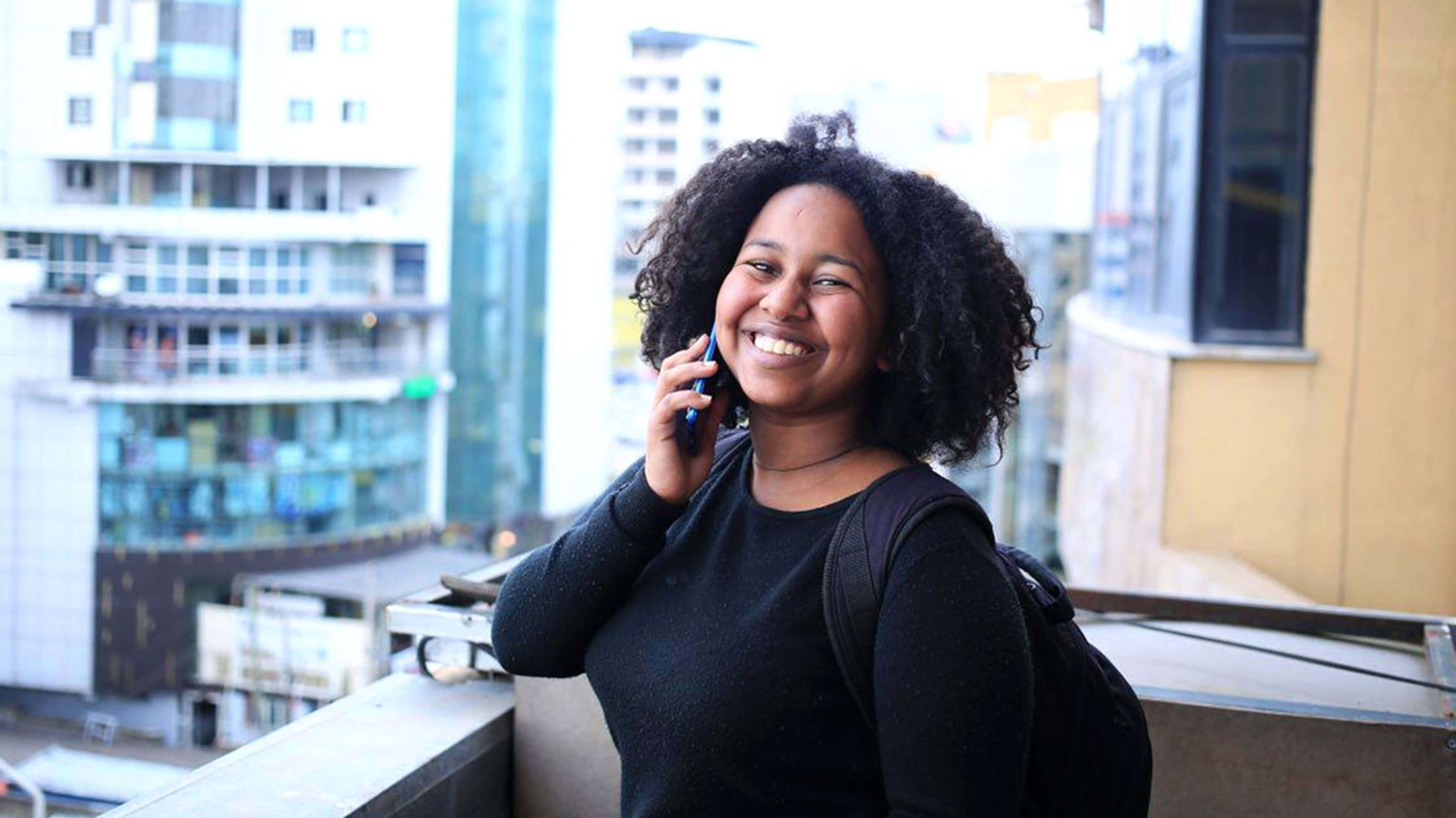“Increasing diverse participation is not a women’s issue (or an issue relevant only to other underrepresented groups),” says Catherine Ashcraft, a senior research scientist at the National Center for Women & Information Technology (NCWIT). Ashcraft believes that diversity and inclusion are business issues, as well as human issues, and as such, men have to be involved and invested.
But it’s taken a startup that’s given us the creepily humanoid robot Sophia (who you may remember was granted Saudi Arabian citizenship) to push to change the game. “At SingularityNET, we are hiring every woman, man, humanoid, you name it, that has the right talent to build it from the ground up,” says Ibby Benali, marketing manager and data protection officer at SingularityNET who is leading a team of content creators, designers, marketers, futurists, and developers to decentralize artificial intelligence and to democratize access to AI. “We cannot afford to miss out on talented women, we really need them, and we are heavily competing for them,” says Benali.
Although the ranks of women in tech jobs–particularly in leadership–continue to be disproportionately low, emerging new technologies like AI and blockchain have the potential to change the ratio and eventually equalize representation. Right now, men are promoted at a rate of 30% greater than women when they move from individual contributor to management, across industries. The number of women gets successively lower, the higher up the corporate chain you get.
AI as a technology is proving to begin to lift some of the human biases that prevent women and underrepresented minorities from rising to leadership. But company culture like that at SingularityNET–even though its founding executive team consists of three white men (and its senior leadership are three men, too)–is striving to change the workforce right in their own offices, Benali believes.
She notes that Ben Goertzel, cofounder of iCog and SingularityNET created curriculums taught to women in Ethiopia and is recruiting them as well. “The board wants women to be successful, and thus is pushing initiatives to get the women in our company seen,” Benali says.
Using herself as an example, Benali, a second-generation immigrant from Morocco, says that SingularityNET promoted her to manager immediately when they noticed she was up for review. “I did not have to go through long corporate procedures and back and forths,” she explains. “They saw the talent, and gave me the opportunity.”
With an all-male executive team, is it tough to see herself in a more senior leadership role? Benali argues that SingularityNET is not actually hierarchical. “Everyone can contribute ideas for the boardroom, and I have never experienced a moment where the executives would exclude other people’s viewpoints,” she says. “Everyone can be a leader already.”
Starting as teens
This sentiment is echoed by some of the other women on the technology teams at SingularityNET. Both Hedra Yusuf, who works in SingularityNET’s Mozi Health division on bio-AI projects, and Betelhem Dessie, 19, who works in its iCog Labs division based in Ethiopia, insist that they’ve never felt held back or not heard because they are women in a male-dominated field.

Part of her mission, though, says Dessie, is to “encourage and promote other women to get to the executive level.” That’s because one of the most significant problems in tech, especially for a girl, according to Dessie, was there was not really anyone to look up to when she first started coding nine years ago. Although she insists that she didn’t feel like she was being treated differently than her male friends or not given the opportunities, Dessie simply looked to successful people in the tech industry. “I wanted to be like them,” she says, “but at an early age, I didn’t know that I needed my role model to be a woman, since we are all the same species.”
Dessie says that taking part in an education project teaching children and teenagers and seeing them succeed inspires her. “They show me how much change I can bring,” she says.
Hedra Yusuf agrees that SingularityNET’s top-level leadership is open and friendly, and contends that working for them feels like working for her own company. While she would love to see women executives in SingularityNet, the current all-male leadership hasn’t presented a challenge to her career development. In three years, she’s gone from junior to senior programmer and has had different positions as project manager and software engineer working on Natural Language Processing in AI.
“There are no role models for this”
As a devout Muslim, who grew up in the northern part of Ethiopia in which Islam and Christianity coexist, she hasn’t felt excluded. However, it has been a challenge to find a time and place to pray. “We Muslims do pray five times in a day, and two of my prayer times were during my working time,” she explains. Yusuf reserved lunch and tea breaks to pray, but has had to look for quiet places. “While I was in iCog Labs,” she says there was a designated spot, “and I am thankful for that.”

Benali contends that the mission of the company and its culture of promoting diversity is tied together. “Our main goal is to decentralize artificial intelligence, and to involve people in the future of artificial intelligence, including how their data is used,” Benali explains. “We are living in an era where future opportunities may be opportunities that simply do not exist for anyone today because we have yet to discover them,” she says.
To that end, Benali believes there is no specific end goal for a mission like that, there is only a continuous movement uniting as many people as possible on her career journey. “There are no role models for this or specific thought-through paths you can walk on,” she muses. “Today’s opportunity,” she posits, “is that we all should realize that if we don’t have a role model, we are the role models.”
Recognize your brand’s excellence by applying to this year’s Brands That Matter Awards before the early-rate deadline, May 3.
